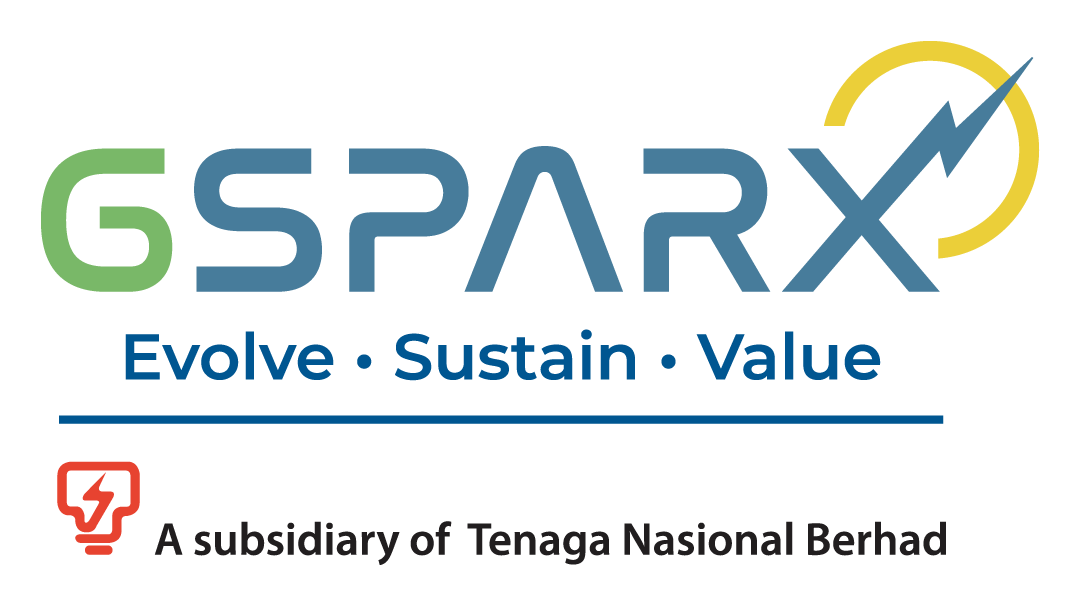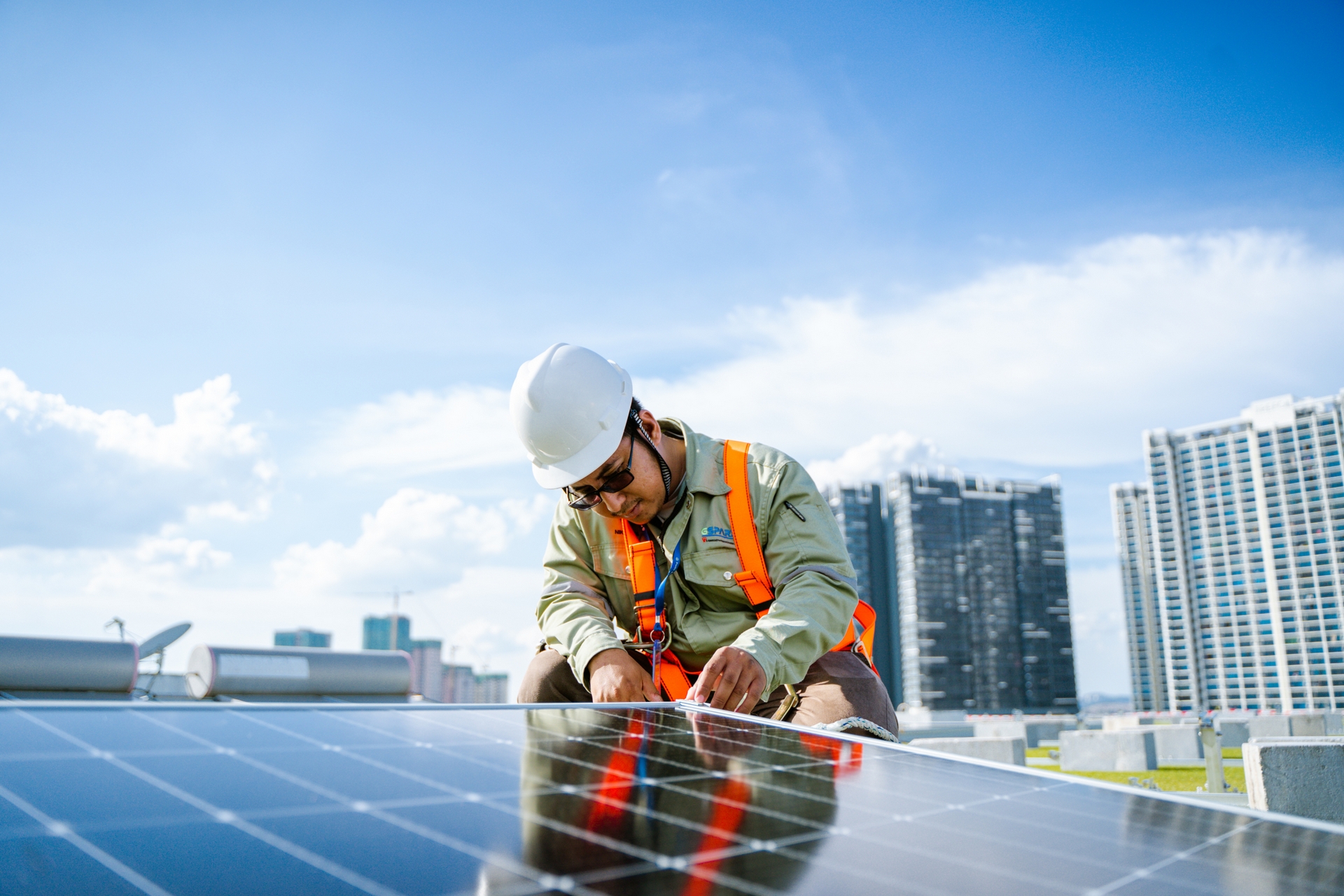As global economies combat the climate crisis, Malaysia set its sights on achieving net carbon neutrality by the year 2050. The first milestone towards that goal is to shift the country’s energy distribution to at least 31% originating from renewable sources.
Commercial buildings represent a significant portion of Malaysia’s total energy consumption. This is why they have been a prime target for tax exemptions and subsidiary support on commercial solar energy systems to further the nation’s sustainability goals.
With the help of solar installation companies like GSPARX, obtaining solar panels for commercial buildings has also become significantly easier and cheaper.
So why install commercial solar PV systems?
Investing in solar PV systems comes with a multitude of short- and long-term benefits for both tenants and owners of commercial buildings. These include:
Saving on electricity bills
Usually, electricity expenditure is a fixed cost that is difficult to adjust – but the introduction of commercial solar panels changes that. Commercial solar systems allow businesses to generate their own electricity and significantly lower, or even eliminate energy bill expenses.
Benefitting from tax incentives
To encourage companies to adopt solar energy, there are several government-funded commercial solar tax benefits and subsidies such as the Green Investment Tax Allowance (GITA) and the Green Income Tax Exemption (GITE).
There are also policies like the Net Energy Metering (NEM) 3.0 and the Green Technology Financing Scheme 2.0. NEM enables additional savings via ‘selling’ excess energy produced back to Tenaga Nasional Berhad (TNB), while the Green Technology Financing Scheme 2.0 provides a 2% rebate per annum on interest/profit rate (limited to the first seven years only) for each loan/financing.
These policies last until 31st December 2023, with extension discussions for 2024 onwards currently ongoing.
Attracting new investors
As the world continues to battle the ongoing climate crisis, investors will look for businesses that have shown a commitment to sustainability and are capable of managing modern business risks.
The installation of solar PV systems offers an opportunity to improve a business’ environmental, social and governance (ESG) rating, which makes a property more appealing to tenants looking to rent out an office. With research suggesting a positive correlation between ESG performance and financial outcomes, this allows businesses to attract more potential investors.
How do I finance my solar panels?
GPARX offers flexible financing options to ensure that any business can benefit from reduced electricity bills. Whether the goal is to achieve monetary gain or to support environmental sustainability, there is a financial solution perfectly suited for any situation or budget.
One of those options is a Solar Power Purchase Agreement (SPPA), which is a flexible contract with zero upfront for a duration of up to 25 years. It is also a Zero CapEx package, which means that customers are only required to pay for power generated at an agreed tariff for the set duration, and is inclusive of both maintenance and monitoring.
There is also the option to pay upfront for the installation of a solar PV system which only requires a full one-time payment. This allows businesses to obtain a return on investment (ROI) on their solar panel investments much quicker.
Furthermore, upon completion of the payment term, the business will have full ownership of the solar PV system and will continue to provide savings through self-generated electricity.
Taking a step towards the future
Given its location at the equator, Malaysia’s climatology is ideal for adopting solar energy as a fossil fuel alternative. Solar panel systems can take advantage of the natural tropical climate with abundant sunshine lasting roughly 12 hours a day and average daily solar radiation of 4500 kWh m–2
Because of this, solar technology is very likely to become the future of Malaysia’s energy production – and this may be the perfect opportunity to jump on the bandwagon with several government incentives.
Businesses that have begun incorporating solar PV systems will undoubtedly gain an edge over their competitors who are slow to adapt, allowing them to accrue significant savings by the time solar energy eventually becomes the mainstream source of energy.
To learn more about how you can transition to sustainable energy practices, click here.

